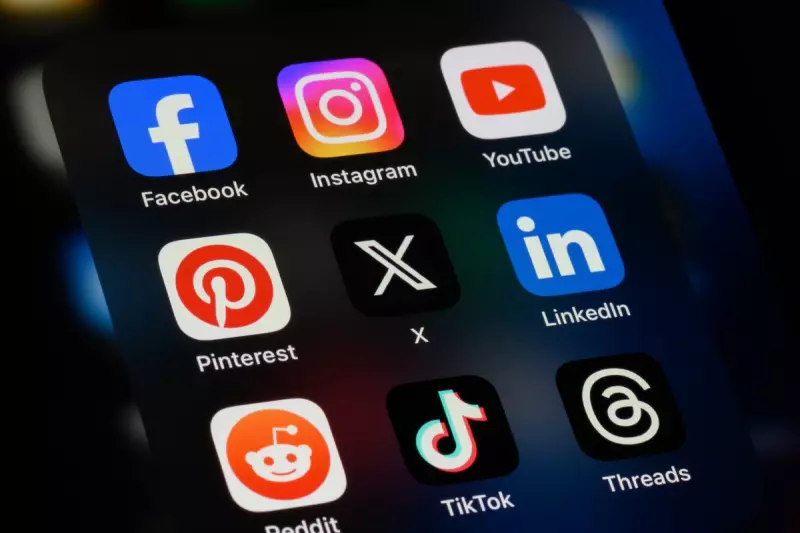
In an unprecedented move that could set a global precedent, New York City has launched a direct assault on the social media industry. Mayor Eric Adams has officially designated social media platforms as an environmental health hazard for the city's youth, placing them in the same category as tobacco and gun violence.
The landmark announcement, made during the annual State of the City address, represents one of the most aggressive stances taken by a major government against tech giants like Meta and ByteDance. The city is now compelled to develop policies and recommendations to protect young people from the potential harms of these platforms.
The Digital Toxin
Mayor Adams didn't mince words, drawing a direct parallel between social media and other public health threats. "Companies like TikTok, YouTube, and Facebook are fuelling a mental health crisis by designing their platforms with addictive and dangerous features", he stated. The city's Health Commissioner, Dr. Ashwin Vasan, reinforced this by issuing a formal Health Commissioner Advisory, a tool typically reserved for tangible environmental toxins like asbestos.
A Growing Body of Evidence
This radical policy shift is backed by alarming data. The advisory highlights how social media use is intrinsically linked to rising rates of anxiety, depression, and cyberbullying among adolescents. It points to the platforms' use of algorithms designed to maximise screen time and their employment of autoplay and push notifications that create compulsive usage patterns.
The city is not stopping at a simple classification. A new "Safeguarding Our Kids' Mental Health" initiative has been launched. This includes:
- A 30-day challenge for parents and caregivers to monitor their own social media use.
- An official guide for parents on how to talk to their children about online safety.
- A push for greater parental controls and device-free time for children.
Legal Battles on the Horizon
New York City's declaration adds significant momentum to a growing wave of legal and legislative action. The city has joined a multi-state lawsuit against Meta, alleging that Facebook and Instagram were deliberately designed to addict children and teens. Furthermore, over 30 states are suing Meta for contributing to the youth mental health crisis and violating consumer protection laws.
This bold move by New York signals a potential turning point in how governments worldwide may choose to regulate the digital environment, treating it not just as a virtual space but as a tangible determinant of public health.





